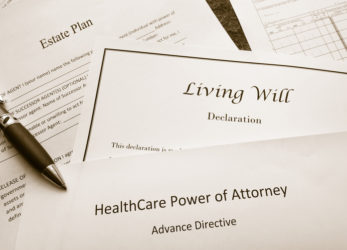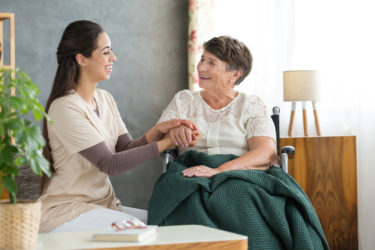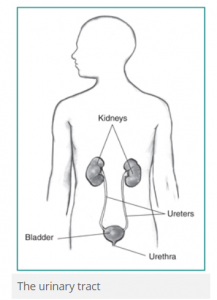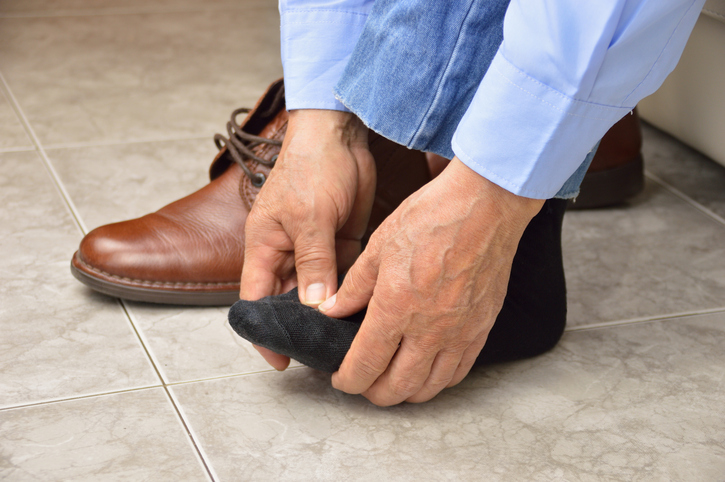According to the National Adult Protective Services Association, one in nine seniors have reported financial exploitation.
This is incredibly sad and unfortunate.
And what makes it even more difficult to spot and prevent is that the abusers are typically close relatives.
This post will be useful to you whether you’re a caregiver or a senior.
In this post I will discuss ways to spot, prevent and deal with financial abuse.
But first, let’s start with a definition.
What is financial elder abuse?
Financial elder abuse occurs when a person misuses or takes the assets of a vulnerable senior for his or her own personal benefit without prior, explicit consent of the senior.
If a personal disregards the advance directives/living will or estate plan of a living but incapacitated senior for their personal gain, this can be considered financial elder abuse as well.
Types of financial elder abuse
Per the definition above, financial elder abuse can take different forms.
If you see any of the following going on, you can suspect that financial exploitation is going on.
- Fraud. This involves forging signatures, taking out funds in the name of the senior, unauthorized check-writing and basically any financial representation of the senior without their prior consent.
- Theft. This would involve taking and/or using any asset of the senior without their knowledge. Clothes, cars and jewelry that are taken out of a senior’s house without their knowledge even if you are closely related to them is theft and is a form of financial abuse.
- Investments made without the knowledge of the senior is financial abuse. Even if you think an investment will be good for an elderly relative, it is important to ask first before you make an investment on their behalf.
- Lottery scams.
- Electronic phishing scams that target retirement funds or any other financial asset is also financial abuse.
- Real estate fraud which involves transferring property titles out of the name of the senior into another person’s name.
- Insurance fraud. This involves life insurance and health insurance.
- Businesses can also commit elder abuse if they charge money for work they have not done for a senior just because they think the senior will not check details.
And these examples are just the tip of the iceberg when it comes to financial elder abuse.
If you are a caregiver or a adult child of a senior, a good rule of thumb to follow is to make sure NOTHING is done that with the assets of your relative or parent that they have not consented to or which does not honor their advance directives or living will.
How to prevent financial elder abuse
- Know the types of financial abuse that exist. This is what I have listed for you above.
- Make sure to fully read and understand all contracts before you sign anything.
- Start planning your estate now. Read our previous posts on estate planning and advance directives.
- If you are a concerned person and you notice that every time the issue of money is brought up, a spouse, adult child or caregiver does not allow a senior to speak, it is probable that financial elder abuse is going on. Report it immediately to prevent it from getting worse.
- If you are a close relative, be careful not to fall into the trap of becoming the financial abuser.
If you are a senior, make sure you only deal with companies who have proven track records when it comes to your money.
Make sure to get everything in writing and not just “take people’s word for it”. As much as you may trust certain people, if a case ever goes to the court of law, unfortunately, “he said” or “she said” will not cut it.
Last but not least, don’t sign any contract you have not fully read and understood. If the person asking you to sign the contract is rushing you or telling you that whatever they are offering is a “limited offer” and that you must “take action now”, these are red flags. If the person is not willing to allow you to take the contract and think about it for at least 3 days so you can make a decision, it may be best that you don’t get into business with them.
How to deal with financial elder abuse once it has happened
What if financial elder abuse is already happening?
What should you do?
Report it.
In the state of California, you can report financial elder abuse by calling your District Attorney’s office.
You can check the California District Attorney’s Association for you DA’s current address and phone numbers by calling 916-443-2017 or by visiting http://www.cdaa.org.
By California law, you are supposed to follow this up with a written report 2 days later.
If you live in San Diego, here is the information you will need.
Hall of Justice
330 W. Broadway
San Diego, CA 92101
619-531-4040
FAX: 619-237-1351
San Diego County Adult Protective Services/Elder Abuse Hotline: 800-510-2020
Failure to report financial abuse is a crime in the state of California that is punishable by six months in county jail and a $1000 fine.
Closing Thoughts
Financial elder abuse is a horrible common problem and moreover it is a crime.
If you are committing this crime, the time to stop is NOW.
If you have observed it happen, it is your duty to report it.











